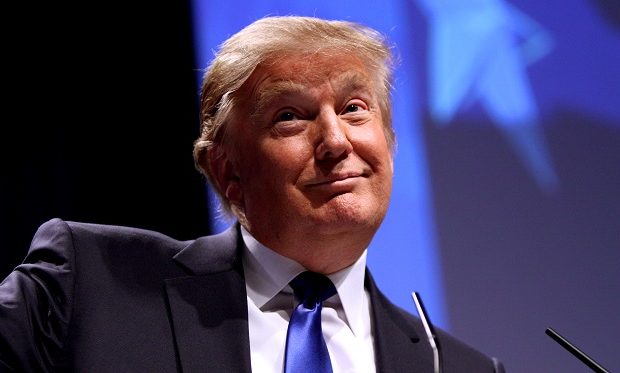The US Office of Government Ethics (OGE) knows the best way that President-elect Trump can quell concerns about the myriad potential conflicts of interest generated by Trump’s business enterprise. According to the OGE, the greatest assurance Trump could give citizens concerned about how his business interests could influence his governing decisions would be to divest. Otherwise every decision Trump makes concerning areas where his companies do business can be seen as suspect. At the very least, it’s a hard way to govern — inviting more suspicion than is already naturally present. Recognizing this potential, Congress established the OGE in 1978 to create guidelines and influence conduct wherever conflicts of interest threaten the integrity of public policy. Designed “to prevent and resolve conflicts of interest,” the OGE’s mission is to “provide overall leadership and oversight of the executive branch ethics program.”
Mr. Trump has said that he would divest — a decision (see below) applauded by the OGE. But he has also said he would turn over his business operation to his children, which is not the same as divestiture. It’s not an easy thing to do either: real estate, unlike stocks, is a difficult thing to divest from, as Clinton Cash author Peter Schweizer has reminded. Schweizer also makes it clear that in Russia and other places, “real estate deals are inherently political. You basically have government involvement.” The conflict, therefore, is unavoidable.
.@realDonaldTrump this divestiture does what handing over control could never have done.
— U.S. OGE (@OfficeGovEthics) November 30, 2016
.@realDonaldTrump – we told your counsel we’d sing your praises if you divested, we meant it.
— U.S. OGE (@OfficeGovEthics) November 30, 2016
.@realDonaldTrump We can’t repeat enough how good this total divestiture will be
— U.S. OGE (@OfficeGovEthics) November 30, 2016
